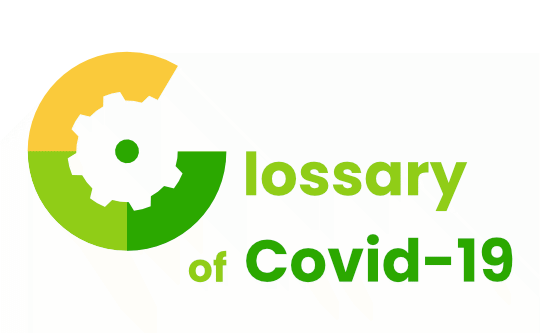Paolo is a friend of Glocal Factory and heads a consortium of cooperatives: a network of social enterprises with two thousand workers, including many asylum seekers and many disadvantaged and vulnerable people. I called him at the beginning of the lockdown to find out how they were doing. He asked me: “How can I say ‘stay home!’ to someone who doesn’t have one?”.
Yeah. Because the virus told us we’re all equal, all exposed to the risk of infection and disease. All potentially fragile. But then, what had to be done to stop the pandemic reminded us that we live in a world of inequalities. The quarantine was different for those who spent it in a villa with a garden and for those who remained segregated in a small apartment in a metropolis. For the Italians who knew they could count on an average good health service with universal access, and for the Brazilians in the favelas. Not to mention the homeless in every European city, precisely, or the refugees on the island of Lesvos. And also phase 2 will be different for those who have lost their jobs and for those who, instead, will only have to change a few habits and give up something superfluous.
Now, which direction history will take after Covid-19, it is all to be seen. As historians have already argued, the ways out after the big shocks can be the most varied. Germany came out of the great crisis of 1929 with Hitler. The USA with the New Deal, i.e. with the strengthening of democracy, the development of welfare, the improvement of the living conditions of millions of blue collars and white collars.
The coronavirus shock could have violently recessive consequences on the world economy, and especially for the most backward countries and those with the greatest public debt. And recession does not mean, unfortunately, “happy de-growth”, but unemployment, poverty and further growth of inequalities. In the meantime, without wanting to be Cassandras, new shocks – caused by climate change and the enormous flows of environmental migration set in motion by ecological disasters – could intervene.
For this reason, it is essential to act now and act well. With one keyword in mind: equality. Which in concrete terms means education, health and work for all. With an unprecedented, gigantic redistribution of income from the richest to the poorest sections of the population, on a planetary and state level. With the hijacking of military spending on social spending. With a powerful intervention by the States and the European Union for the economic renaissance. But while in 1929 the Keynesian recipe could have been enough on its own, today development must necessarily be sustainable: clean energy, protection of natural resources, organic agriculture and building, smart mobility.
History teaches us that great turning points are possible, but only when objective factors are added to the subjective will. Today the objective conditions are all there: it is in the interest of the economic system itself to radically reform itself, so as not to run the risk of a recession much worse than that which began twelve years ago. But we also need subjective drives, people, leaders, movements, parties capable of throwing their hearts over the obstacle, of making feasible but also visionary proposals. The next months and years will be truly crucial, and what will happen depends on each of us.


